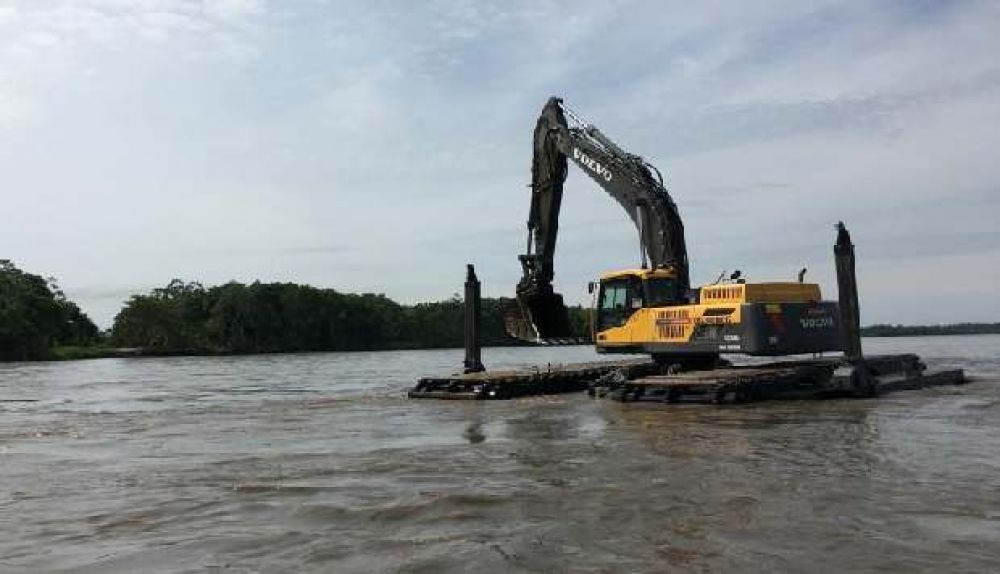
Peru is to sign a memorandum of understanding to join China’s Belt & Road international infrastructure initiative, Beijing’s ambassador to Lima said April 24. Ambassador Jia Guide made the announcement at a private party in Lima alongside Peru’s vice president, Mercedes Araoz. The soirée came as China kicked off a three-day summit in Beijing to promote the international project, which is also known as the New Silk Road. Peru’s trade minister Roger Valencia attended the Beijing summit, where he announced that a revision of Lima’s Free Trade Agreement with China will be implemented next year.
Vice President Araoz’s comments on the Silk Road announcement were clearly aimed at placating Washington. “Signing this memorandum of understanding is the start of a cooperation model that China has proposed to the world which…will allow us to broaden our ties,” Araoz told Reuters. “We’ve established very strong bilateral relations with China as we have with the United States.”
These announcements come amid growing concern over the Hidrovía Amazónica, a Chinese-backed mega-project aimed at further opening Peru’s eastern rainforests to resource exploitation. Last month, the Lima-based Civil Association for Law, Environment & Natural Resources (DAR) issued a statement protesting that plans for the Hidrovía Amazónica are proceeding without adequate protocols for assessing its ecological impacts. The statement especially charged that a recent modification of the environmental protection regulations for transport sector, weakening standards, was promulgated to coincide with initiation of the mega-project (La República, March 22)
The Hidrovía Amazónica proposes to dredge in 13 malos pasos, or difficult spots that impede navigation by large craft, on Peru’s three major tributaries of the Amazon—the Marañón, Huallaga and Ucayali rivers. This project was first proposed in 2014 as part of the Initiative for the Integration of the Regional Infrastructure of South America (IIRSA), and is now being led by the Hidrovias II Consortium, formed by Chinese and Peruvian investors in 2017. (Amazon Waters, InfrAmazonia)
The Hidrovía Amazónica is also being protested by indigenous groups in the rainforest. Last year, a group of indigenous alliances including the Regional Organization of Indigenous Peoples of Oriente (ORPIO) and the Ucayali Organization of the Interethnic Association for the Development of the Peruvian Rainforest (AIDESEP-Ucayali, or ORAU) issued a statement protesting that the project’s “prior consultation” with impacted peoples did not meet international standards. The organizations called for Citizen Participation Plan developed for the project be suspended. (Segundo Enfoque, July 26, 2018)
The Hidrovía Amazónica is concived as the second phase of the Hidrovía planned for the Paraguay-Paraná river system in South America’s Southern Cone




